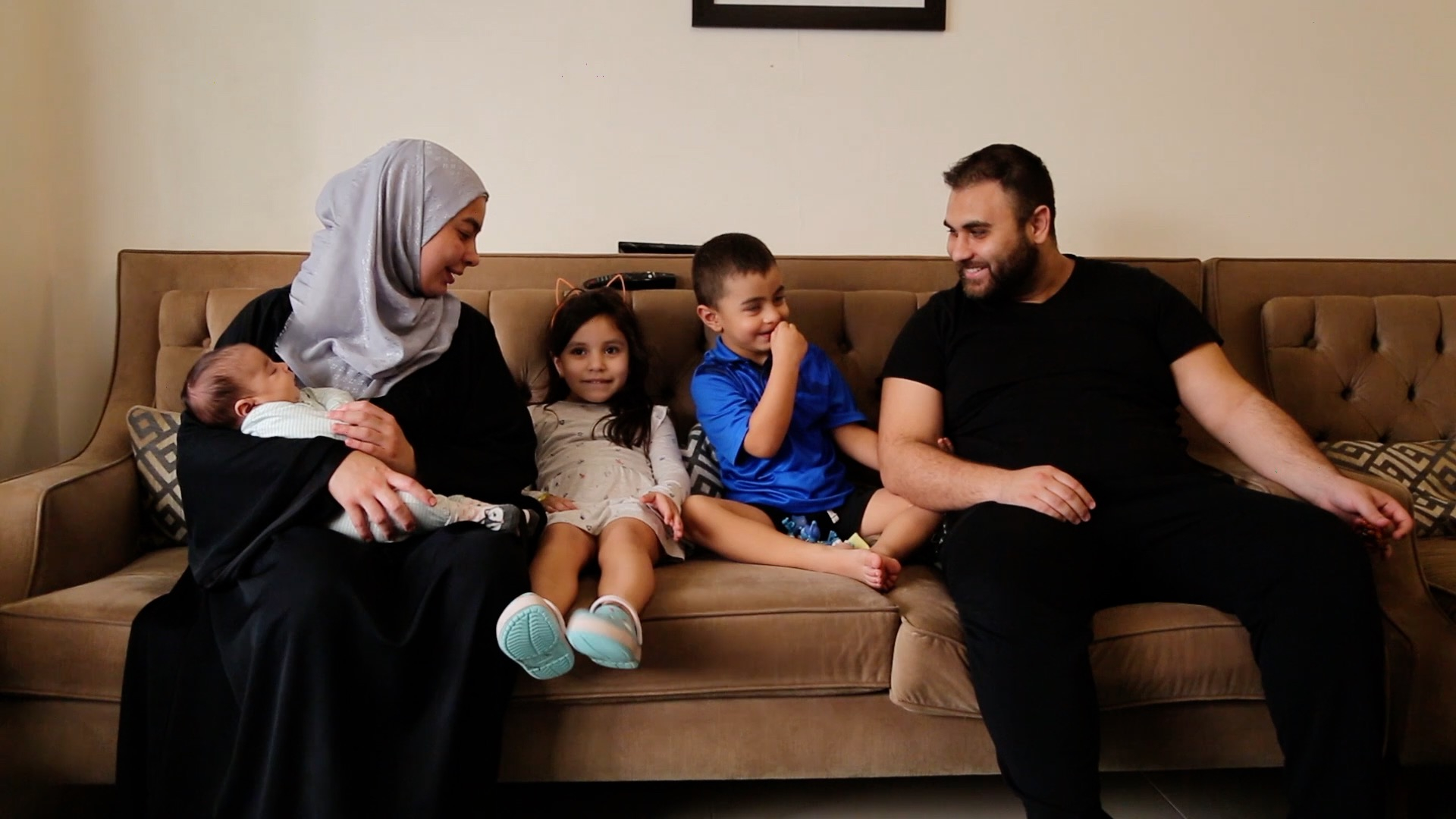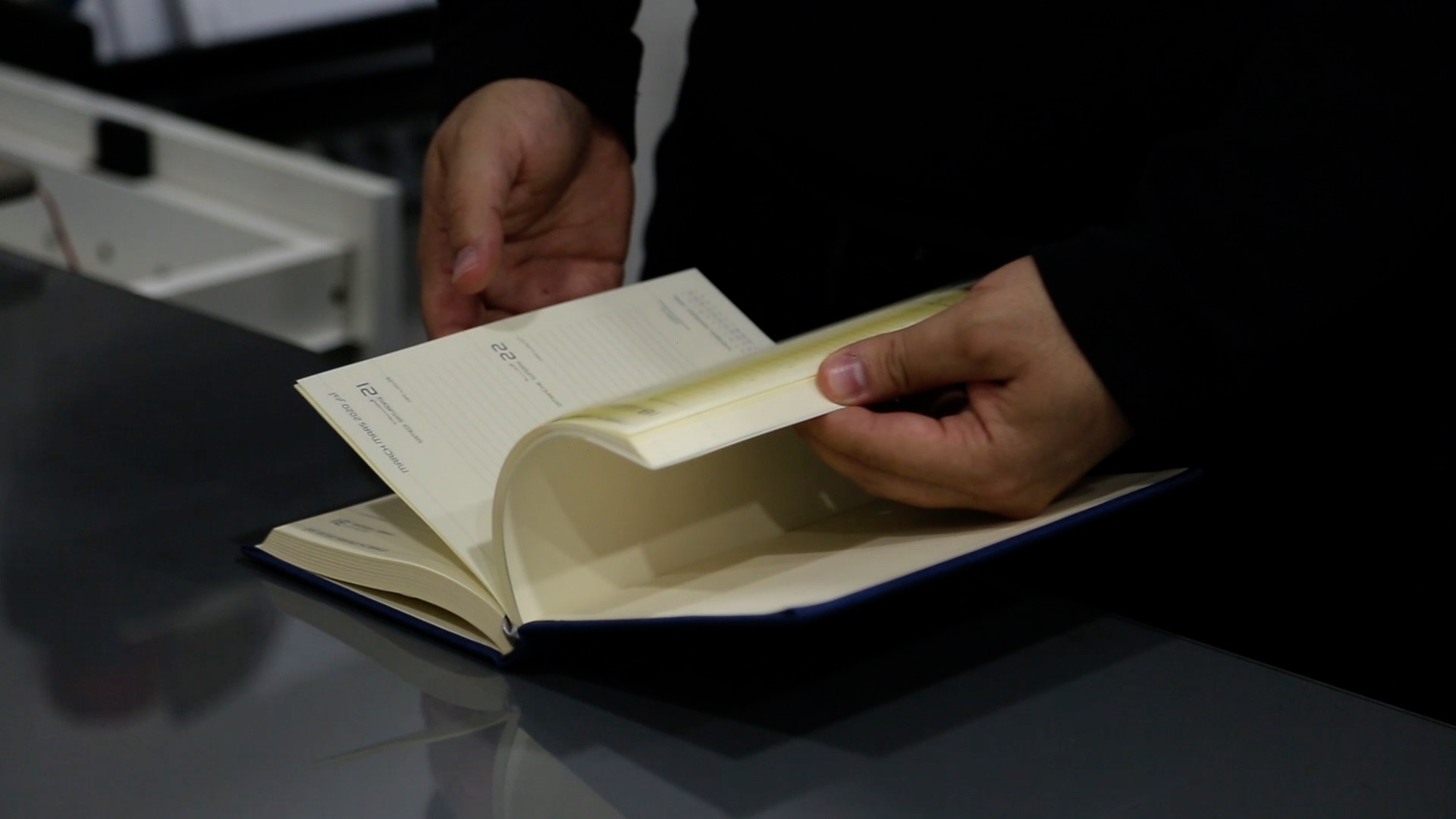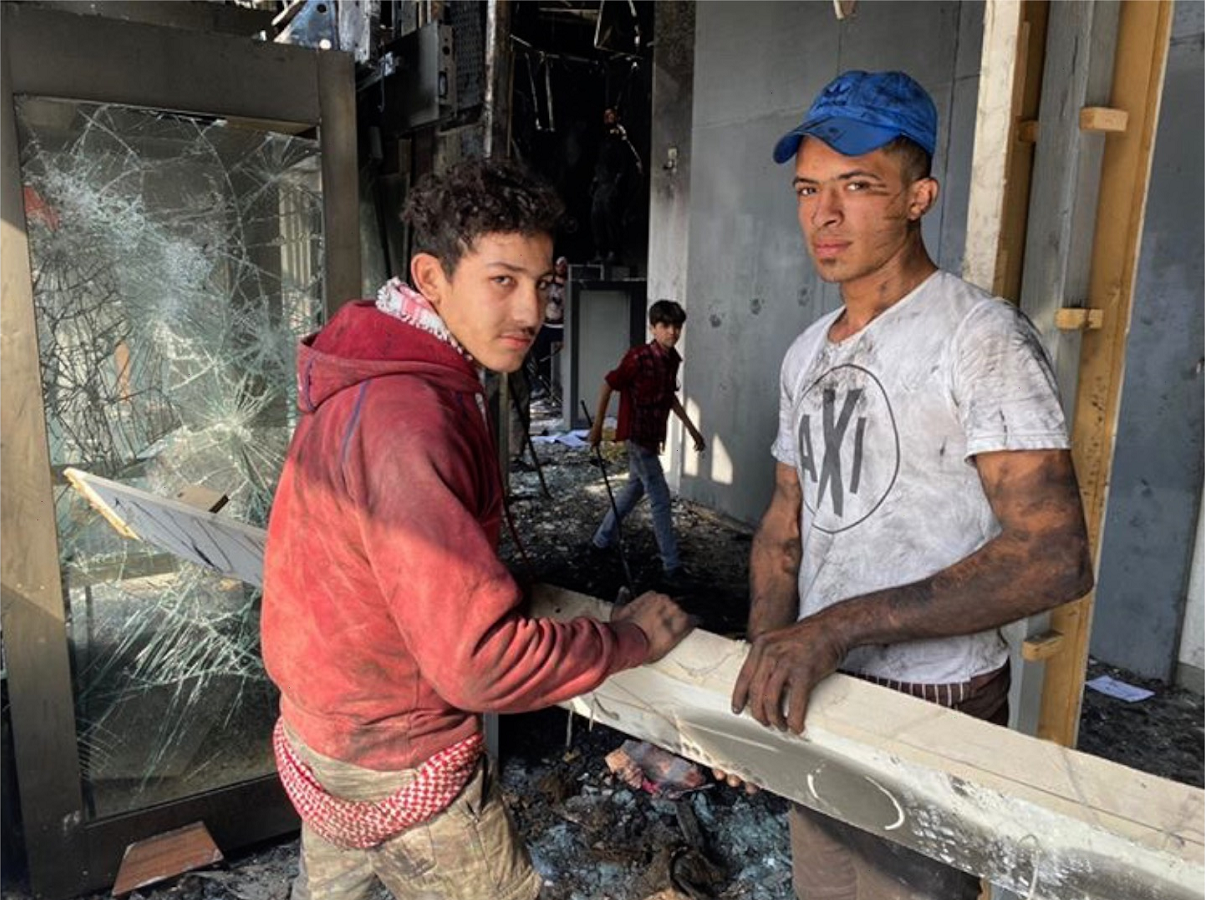02:25

Angry and desperate Lebanese are on the streets again, protesting against the Central Bank, the government, the economy and corruption. They are burning banks, clashing with security forces and calling for a leadership overhaul as the pound value fluctuates wildly and an increasing number of people slip into poverty.
In October pushback against shortages and price hikes started when the government proposed charges for WhatsApp use. Angry Lebanese took to the streets in mass numbers, denouncing the proposal and decrying the government's general economic mishandling.
In response, Prime Minister Saad Hariri stepped down and a technocrat government was proposed instead but necessary major reforms remained elusive.
In March, COVID-19 worsened the economy-in-crisis. Recent estimates show the number of Lebanese living below the poverty lined dipped from a pre-coronavirus level of 30 to 50 percent in May.
The impact is pushing the middle class into extinction.

Dr. Hubeish's appointment calendar is empty as the coronavirus outbreak continues in Beirut, Lebanon. /CGTN
Dr. Hubeish's appointment calendar is empty as the coronavirus outbreak continues in Beirut, Lebanon. /CGTN
When a medical degree doesn't provide protection
"I don't have savings and I haven't earned anything in two months. If something doesn't change soon I won't be able to pay rent. I'll have to decide how to feed my family," said Dr. Ayman Hubeish, who lives in Beirut.
Dr. Hubeish, his wife and three children live in a middle class section of Beirut. A dentist in private practice, his office is collecting dust. He hasn't seen patients in two months since the March shutdown went into effect. His schoolteacher wife, also out of work, concentrates on home-schooling their two elementary-age children and caring for their infant.
"We have options but they aren't ideal. We may be forced to move into my parents' home. I'm just scared that eventually we'll be forced into poverty. I don't see much 'light' right now," Dr. Hubeish said.

Three young boys in Tripoli, Lebanon's poorest city, amidst post-protest rubble. /CGTN
Three young boys in Tripoli, Lebanon's poorest city, amidst post-protest rubble. /CGTN
The way out
"People have to provide for their families – the basic needs – one way or another. The social collapse is here in front of us. If we witness more politicians and others involved in corruption moving money out of the country, the government will be bankrupt," said Rabih Dandachli, a Beirut-based political analyst.
Dandachli told CGTN that solutions for avoiding complete collapse include sweeping reforms, re-establishing faith among international lenders and establishing strong internal production.
"We import everything. But it doesn't have to be that way."
Offshoots of the currency crisis and virus lockdown are rising prices on all goods, including basics like bread and milk.
Relief aid distributors in Lebanon's poorest city Tripoli report "people are hungry" but there's not enough aid for the rising number of Lebanese in need. "People are fighting over the food supplies we bring," a supplier told CGTN.